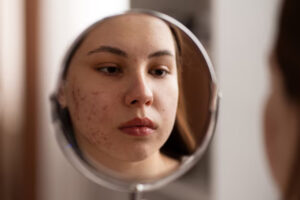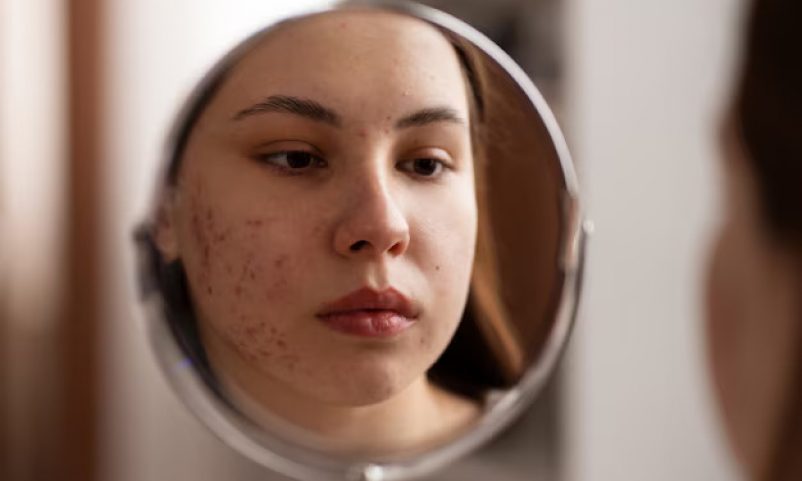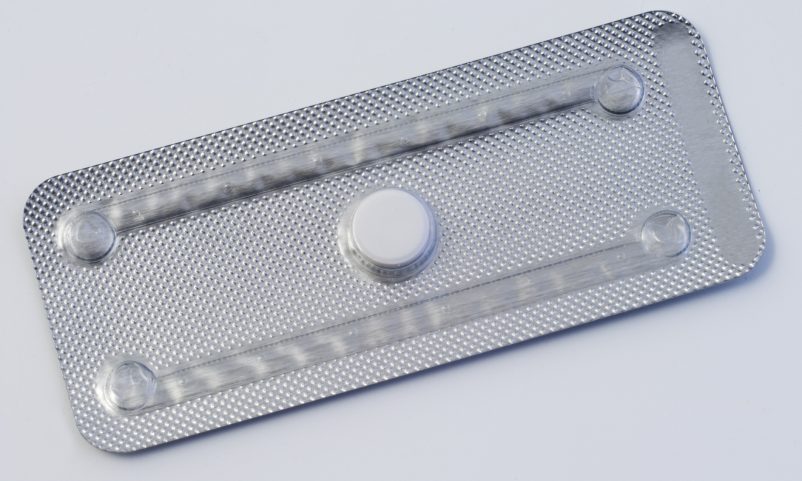Emergency contraception or morning-after pill prevents pregnancy after birth control failure or unprotected sex. It is intended as a backup contraception rather than a primary form of birth control. On the other hand, birth control refers to the regular methods used before or during sex to prevent pregnancy, such as birth control pills, implants, or IUDs.
If you’re uncertain about choosing between emergency contraception (EC) and birth control, you’re not alone. Both methods aim to prevent unwanted pregnancies, but they function within different time frames and circumstances. In this blog, Dr. Michelle Chia, Medical Director at Ezra Clinic, will explore the distinctions between them, equipping you with valuable knowledge for your reproductive health.
5 Key Differences Between Emergency Contraception and Birth Control
Emergency contraception pills and birth control pills are two common options to prevent pregnancy. While they may seem similar, they can be differentiated by the time they should be taken, their effectiveness, frequency of use, their benefits and side effects.
Time of taking the pills

As the name suggests, emergency contraception is taken as soon as possible, usually within 72 hours or 120 hours after unprotected sex. The morning after pill is meant to prevent pregnancy after unprotected intercourse and should be taken within a specific timeframe to be most effective. This timing is fundamental because emergency contraception pills work to delay ovulation and prevent a fertilized egg from being implanted. Morning after pills should only be used as a last resort. There is either the single dose regimen or the two tablet regimen that has more than one tablet. It is not recommended to take more than one tablet of emergency pill or plan b pill within the same menstrual cycle as these emergency pills have a higher dose compared to the regular birth control pills.
In contrast, birth control pills need to be taken regularly and consistently, ideally at the same time every day, to maintain their effectiveness. The birth control pill works by preventing ovulation and prevent fertilized egg from happening. This helps to prevent pregnancy thus the necessity for their routine consumption well before any sexual activity occurs.
Most birth control pills are very effective if taken regularly. Oral contraceptives and most birth control pills come have packages instruct women on how to take them. Some birth control pills contain placebo tablets.
The best time to start the birth control pills is when your period begins. You are then required to have a seven day period of rest after each back in which a woman’s period will come. The cycle repeats with the next pack of birth control pills. Irregular bleeding may be a common side effect at the start.
Sometimes, oral contraceptives or birth control fails if the woman forgets to take her pills. If you have only forgotten one pill, take it as soon as possible. However, if birth control fails and you forget too many pills, this can increase the risk of her getting pregnant. In the situation the birth control fails, the plan b pill may be required if it is still within 72 hours of unprotected sex as a form of backup contraception.
It is important to have a discussion with your doctor if you are intending to take birth control pills as certain medical conditions or herbal products or medication may make it unsuitable.
Effectiveness of EC vs Birth Control Pills
Emergency contraception pills are highly effective if taken within the recommended timeframe within hours of unprotected sex as soon as possible. However, they are generally considered less effective than most regular birth control methods.
Birth control pills are 97% effective with consistent use. It also surpasses EC in terms of reliability for long-term pregnancy prevention.
Frequency of Use
EC is not intended for regular use and should only be used as a backup option for unprotected sex or when birth control fails. Repeated use of EC is not recommended and can be less effective.
Birth control methods or oral contraceptives demand consistent application to maintain their effectiveness. The frequency at which these methods should be used depends significantly on the type chosen:
Daily pills: These oral contraceptives should be taken every day, preferably at the same time, to maximise their effectiveness. Some packs may come with placebo tablets.
Weekly patch: This patch needs to be replaced once every week.
Vaginal ring: The ring is replaced every three weeks for continuous protection.
IUD (intrauterine device): This device is inserted by a healthcare provider directly into the uterus and can remain effective for several years, with the exact duration varying depending on the type of IUD selected.
The Benefits

Both emergency contraception and birth control offer their unique set of advantages suitable for different circumstances and needs.
Emergency Contraception:
Acts as a safety net after unprotected sex or a birth control mishap, offering peace of mind.
It can be effective even after a potential conception window, within 72 hours.
A single-dose regimen for emergency situations without the need for routine commitment.
Birth Control:
It provides ongoing pregnancy prevention, making it suitable for long-term family planning.
It can help regulate menstrual cycles, leading to more predictable periods.
It may reduce symptoms of premenstrual syndrome (PMS) and premenstrual dysphoric disorder (PMDD).
Some types of birth control, like pills and patches can help combat acne.
Additional health benefits include reduced risk of ovarian cancers, ovarian cysts, and anaemia.
Both emergency contraceptive and birth control pills require a doctor’s prescription in Singapore.
The Side Effects
Both emergency contraception and birth control come with their own potential side effects.
For users of emergency contraception (EC), you may experience nausea, fatigue, and changes in your menstrual cycle. Similarly, those using birth control methods might also face common side effects, including mood changes, headaches, and weight gain.
While most of these side effects are mild and often temporary, there exists the possibility of more serious but rare side effects, such as blood clots. Reactions to EC and birth control pill methods vary among individuals. That’s why it is important to consult a healthcare provider for personalised advice and suitability for each method.
Choosing the Right Option For You
When deciding between emergency contraception (EC) and birth control, you should consider your lifestyle, sexual activity frequency, and long-term reproductive health goals.
For example, those with an active sex life who seek continuous protection may find regular birth control methods more fitting. Conversely, individuals who have infrequent sexual encounters or need an immediate solution after unprotected sex might lean towards EC as an occasional safeguard.
Your health history, including any pre-existing conditions or concerns about potential side effects, interaction with other medication should also be considered. Given the complexities and personal nature of these choices, you need to consult with a healthcare provider for a personalised recommendation based on your specific health profile.
Conclusion
The five key differences between emergency contraception (EC) and birth control revolve around the timing of intake, effectiveness, frequency of use, benefits, and potential side effects.
EC provides a critical, time-sensitive solution following unprotected sex, whereas birth control methods offer a more regular, long-term strategy for preventing pregnancy. Each comes with its own benefits and side effects, highlighting the importance of selecting a contraceptive method that aligns with one’s lifestyle, sexual activity patterns, and reproductive health goals.
Individuals should consult with healthcare providers to make informed decisions that best cater to their personal health and circumstances.








